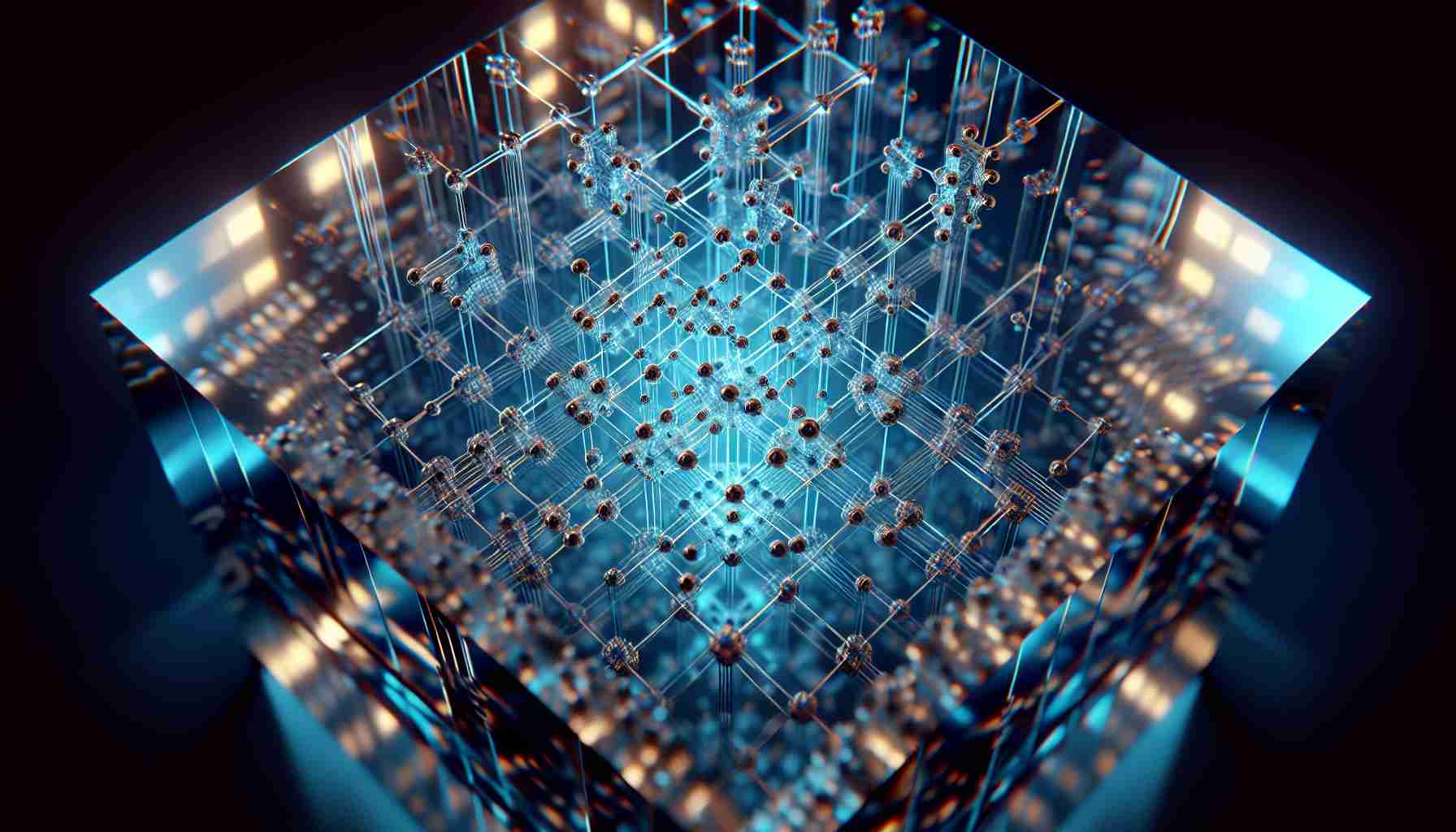AI’s Progress Compared to Felines
In a recent public discussion, the CEO of Google DeepMind, Demis Hassabis, likened the current IQ levels of contemporary artificial intelligence agents to that of domestic cats. This comparison sheds light on the advancements made in the field, showcasing both the progress and challenges faced by researchers.
Transitioning Beyond Human Intelligence
Despite not yet reaching the intelligence level of a cat in a general sense, the pace of research in artificial general intelligence (AGI) is accelerating thanks to substantial investments in funding and computational power. Speculations arise that AGI could surpass human intelligence in the next few years, marking a significant milestone in technological evolution.
Project Astra: Redefining AI Capabilities
Hassabis also mentioned Project Astra, an initiative by DeepMind aimed at exceeding the limitations of chatbot-type AI systems like ChatGPT or Google Gemini. Project Astra seeks to develop a more aware and user-centric “universal AI agent,” enhancing daily interactions and experiences.
Challenges in Achieving Human-Level AGI
While AI excels in certain domains such as gaming, significant hurdles remain in areas like planning, memory retention, tool utilization, and formulating intelligent inquiries. Hassabis acknowledges the necessity for major breakthroughs and substantial computational scaling to bridge the gap between current AI capabilities and human-level IQ.
As the realm of artificial intelligence continues to evolve, the potential impact on various fields, from energy and materials science to healthcare and climate research, remains profound. With ongoing support and innovation, the future promises groundbreaking developments that could reshape our daily lives and society as a whole.
New Horizons in AI Development
In parallel to the comparison drawn between AI progress and domestic felines, an intriguing aspect of AI advancements lies in the realm of neural networks. These sophisticated models, inspired by the human brain, have catapulted AI capabilities to new heights by enabling complex learning and decision-making processes.
Unveiling the Secrets of Neural Networks
Within the intricacies of neural network structures, deep learning algorithms have emerged as pivotal tools driving AI advancements. Through deep learning, machines can perceive patterns, derive insights, and even exhibit forms of creativity previously thought exclusive to human cognition.
The Quest for Ethical AI
One pressing question that arises amidst AI advancement is the ethical implications surrounding the deployment of intelligent systems. How can we ensure that AI technologies adhere to ethical guidelines, safeguard privacy, and mitigate the risks of algorithmic biases that could perpetuate societal inequalities?
Advantages and Disadvantages of AI Ubiquity
The pervasive integration of AI in various sectors holds immense promise for streamlining processes, optimizing resource allocation, and enhancing decision-making. However, concerns regarding data privacy, job displacement due to automation, and the potential for AI to outpace human control loom as significant challenges.
In navigating the intricate landscape of AI evolution, it becomes crucial to ponder: How can we foster collaboration between AI researchers, policymakers, and ethicists to steer AI development towards beneficial outcomes while mitigating associated risks? Furthermore, what regulatory frameworks and oversight mechanisms should be in place to ensure responsible AI innovation and deployment?
As the AI landscape continues to flourish and diversify, a nuanced understanding of the multifaceted dimensions of AI technology is imperative for harnessing its potential while upholding ethical standards and societal welfare.
For more insights on the dynamic evolution of AI and its implications for society, visit TechCrunch.






















